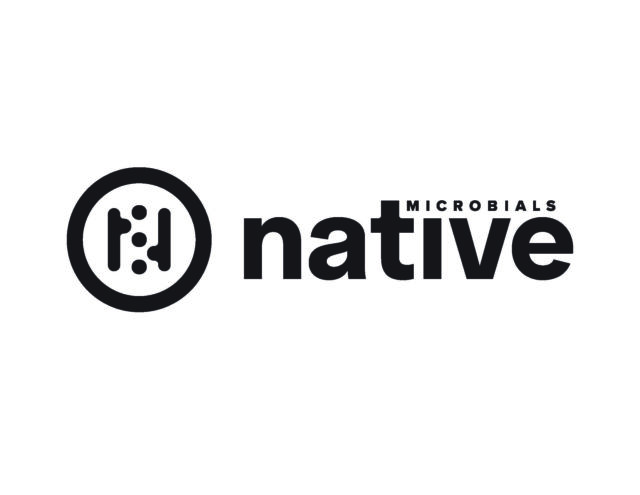As veterinarians, “protecting, conserving and advancing inputs surrounding animal health” is our motto.
This guideline drives the service our business provides to dairy producers in the fastest-growing dairy region in the U.S. – the Southwest.
Because our business is relatively young, we have not had the burden of previous success keep us from offering a new service or branching out in a new area.
Because of our experiences, and the needs of our clients, we have recognized a few things that lead us to conclude: In the future, dairy veterinarians will deliver services differently than in the past.
Several trends are driving this change.
• Dairy farms are becoming larger.
• Larger farms have more specialized labor.
• There are fewer new graduates choosing food animal veterinary medicine.
• As a percentage, there are more female veterinarians entering the profession.
• Student debt loads are higher, driving earning expectations higher.
• There is growing recognition that some veterinarians are individual animal-focused; some are population-focused.
• Veterinarians are increasingly recognized as “change agents,” knowledgeable on a wide variety of dairy inputs.
• Volatile dairy economics lead to ebbs in service demand and continual need to focus on the activities that add the most value.
• There is a growing need for unbiased, objective information providers.

Moreso than ever before, the dairy veterinarian of the future will work within a “matrix of influence” that can be visually described in Figure 1 .
As a person involved in dairy production, ask yourself: “Where can my veterinarian add value to my farm?” If you are a dairy veterinarian, ask yourself: “Where can I add value to my dairy client’s farm?”
Consider the following:
Veterinarians as ‘change agents’
The most effective dairy veterinarians understand that to effect change many people may need to be involved. Each is likely to have different motivations, so the message points for change may need to be tailored to the individual so that they can internalize and take ownership of the change. Veterinarians who are effective at developing and delivering training to dairy employees are a huge asset.
Veterinarians as ‘team players’
The combination of more specialized veterinarians and larger dairies may lead to more situations where more than one veterinarian may be called upon to work on opportunities on the same dairy. These situations will require veterinarians to be team players, focused on meeting client needs first.
Veterinarians as ‘value providers’
Individual veterinarians will become more specialized in order to pursue their individual interests and increase earning potential. Veterinary groups will seek out individuals who add to their service offering, diversifying their business model. Through the integration of services, efficiencies can be gained, benefitting the dairy producer and the veterinarian. We are extremely proud of our employees and the skill they use in delivering services to our clients.
Veterinarians in ‘dairy assessment’
Veterinarians often have relationships with many people on the dairy. Since they are usually not directly employed by the dairy, they are ideal providers of independent assessment of practices and outputs to owners and management. This assessment can be provided through a review of the records and visual appraisal of processes. To do this accurately, a thorough understanding of statistics, sampling methods and continuous process improvement is needed.
Veterinarians as ‘technical information providers’
By virtue of our schooling and experiences, we are very knowledgeable on a wide range of issues important to dairy producers. The issue may be milk quality, reproduction, nutrition, animal disease, zoonotic disease, food safety, on-farm research, statistics and animal care and handling. Effective dairy veterinarians may not know an answer immediately, but can gain unbiased and effective information through Internet searches or personal contacts with gurus in their respective areas.
Veterinarians as ‘risk managers’
The traditional role of veterinarians is in managing the production risk brought about by animal disease. Increasingly, risk management includes concerns about antibiotic use, zoonotic disease and societal views of animal care and handling. The same thought processes that are used in preventive veterinary medicine can be brought to bear on these newer issues affecting dairy production. PD

-
Scanlon Daniels
- Veterinarian/Owner
- Circle H Headquarters, LLC
- Email Scanlon Daniels





